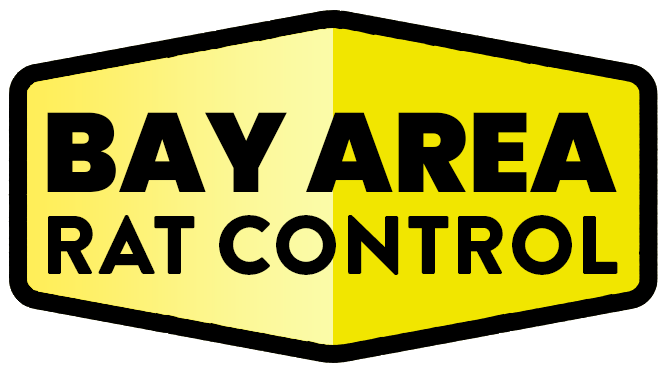Opening Thoughts
Rats can cause significant damage to businesses, from contaminating products to damaging reputations. Implementing effective prevention strategies is essential for maintaining a clean and professional environment. This guide provides actionable steps tailored to businesses to keep rats out and protect operations.
Why Rat Prevention Is Critical for Businesses
1. Protects Health and Safety
- Prevents contamination of food and surfaces.
- Reduces the risk of diseases like leptospirosis and salmonella.
2. Safeguards Reputation
- A single rat sighting can lead to negative customer reviews and lost trust.
- Ensures compliance with health and safety regulations.
3. Avoids Financial Losses
- Prevents damage to goods, equipment, and infrastructure.
- Reduces the risk of fines or business closures due to health violations.
Rat Prevention Strategies for Businesses
1. Maintain Cleanliness
- Food and Waste Management:
- Store food in airtight containers.
- Empty trash bins daily and use sealed, rat-proof containers.
- Clean up spills and crumbs immediately, especially in break rooms and kitchens.
- Regular Cleaning:
- Sweep and mop floors, paying attention to corners and under equipment.
- Disinfect surfaces frequently.
2. Eliminate Entry Points
- Inspect the Building:
- Look for gaps, cracks, and holes larger than ½ inch.
- Seal Openings:
- Use steel wool, caulk, or metal mesh to block entry points.
- Secure Doors and Windows:
- Install door sweeps and repair damaged screens.
- Vent and Drain Covers:
- Cover vents and drains with metal grates to prevent access.
3. Manage Outdoor Areas
- Trash Storage:
- Keep dumpsters away from the building and ensure they are tightly closed.
- Schedule frequent trash pickups to prevent overflow.
- Landscaping:
- Trim bushes, shrubs, and tree branches near the building.
- Clear debris and clutter from the property perimeter.
4. Implement Monitoring Tools
- Traps and Bait Stations:
- Place tamper-proof bait stations along walls and near potential entry points.
- Inspection Tools:
- Use tracking powder or cameras to monitor activity in hard-to-reach areas.
5. Educate Employees
- Training Programs:
- Train staff to recognize signs of rat activity, such as droppings or gnaw marks.
- Reporting Systems:
- Encourage employees to report sightings or sanitation issues promptly.
Industry-Specific Tips
1. Food Service
- Clean grease traps regularly to prevent food buildup.
- Store ingredients off the floor and rotate stock frequently.
2. Warehouses
- Organize storage areas to reduce clutter.
- Elevate goods on pallets at least 18 inches off the ground.
3. Retail
- Inspect shipments for signs of pests before bringing items into the store.
- Keep merchandise in rodent-resistant packaging.
Common Mistakes to Avoid
1. Ignoring Small Issues
- Delaying action on minor problems can lead to major infestations.
2. Using Improper Materials
- Avoid sealing entry points with materials rats can chew through, like wood or foam without reinforcement.
3. Relying Solely on Traps
- Prevention is more effective than relying on trapping alone.
When to Call Professionals
- If rat activity persists despite prevention efforts.
- For assistance with structural repairs or large-scale infestations.
- To ensure compliance with local health and safety regulations.
Final Thoughts
Rats pose significant risks to businesses, but proactive prevention strategies can help safeguard operations. By maintaining cleanliness, sealing entry points, and educating employees, you can protect your business from the financial and reputational damage caused by rats. Prevention is always more effective than remediation.
Relevant Links/Sources:
Business Rat Prevention Guide – CDC
Tips for Commercial Pest Control – EPA
Preventing Rats in Businesses – PestWorld
.
